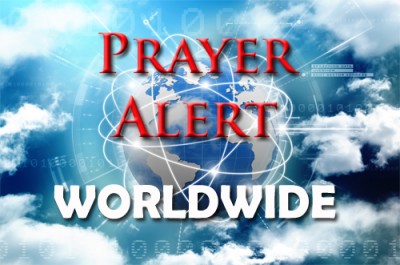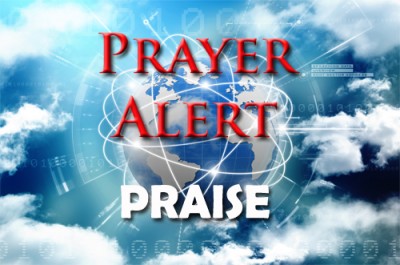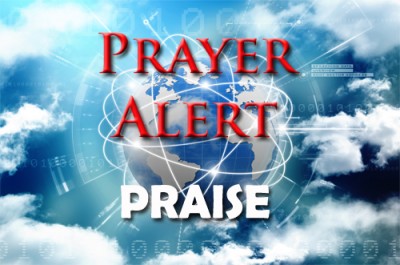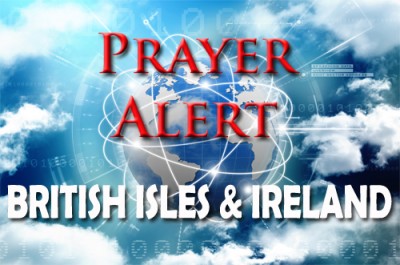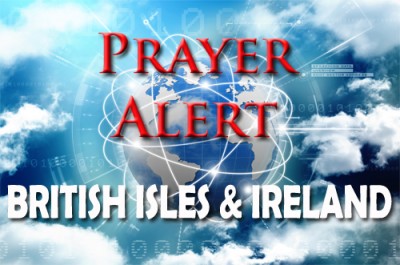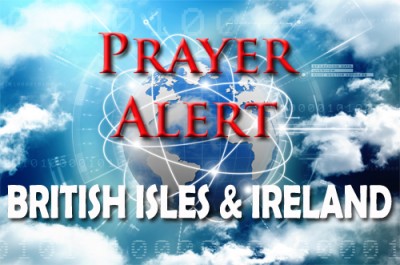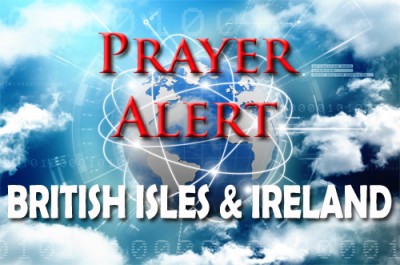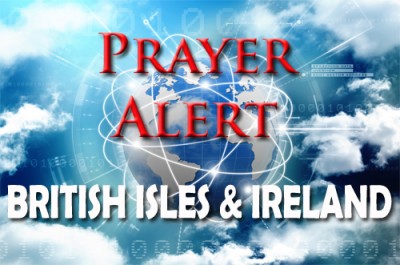Canada: returning Islamists
16 Feb 2018Prime minister Justin Trudeau believes the IS combatants returning to Canada will be ‘a powerful voice for deradicalisation’. Many Canadians believe his desire to reintegrate IS fighters is unreasonable. Canada’s ‘Centre for Community Participation and De-radicalisation’ has no director or centre for de-radicalisation. It is not clear if Canadian law can force returning fighters to submit to such a programme. A similar programme in France failed. Trudeau said, ‘We know that someone who has turned away from that hateful ideology can be an extraordinarily powerful voice for preventing radicalisation in future generations.’ However observers do not think that Canadian mosques and Islamic schools will open their doors to anyone who previously engaged in terrorism. Trudeau’s assumptions seem to omit the prospect of justice for the victims of IS genocide and war crimes. See
Trafficking gang caught in dawn raids
09 Feb 2018On 6 February police arrested over 20 people across the UK in a huge operation to tackle a Kurdish gang smuggling hundreds of illegal immigrants into the UK for up to £10,000 a time. Over 300 officers coordinated by the National Crime Agency raided properties in Northumbria, Cleveland, Sussex and London to arrest suspected traffickers. Hundreds of Iraqi Kurds, men, women and children, are being brought into the UK in lorries and on ferries by the gang, paying up to £10,000 each. A number of car washes were also raided, in what is said to be a bid to shut down the gang's money laundering operation. Senior investigating officer Mark Spoors said all of the agency's targets had been arrested, and a significant trafficking network has been disrupted.
Christian athletes in the winter Olympics
09 Feb 2018Nearly 3,000 athletes will compete in 102 events in this year’s Winter Olympics. Among them are Christian Olympians who have spoken openly about their faith. Kelly Clark (snowboarding halfpipe) said she didn’t get her worth from what she did, it was from Christ. David Wise (freestyle skiing halfpipe) said his Christian faith ‘plays a huge role because it enables me to be confident’. Elana Meyers Taylor (bobsled) said, ‘Regardless of whether I win gold or not, I just have to trust that God has a plan for my life and I’m called to be his representative through the sport and outside the sport.’ Katie Uhlaender (skeleton) said God guides her and gives her the strength to keep going. Gigi Marvin (hockey) said her mission is more than winning medals: it’s about sharing Christ and leading others to him.
Terminally ill homeless people need housing
09 Feb 2018Sir Ed Davey put the ‘Homelessness End of Life Care Bill’ before Parliament on Wednesday, but it will need to win the support of MPs and ministers to move forward and end the current situation where people with cancer or long term illnesses are ‘dying on doorsteps’. The plan is to offer homeless people with terminal illnesses a right to housing. Under current laws, many who are sleeping rough, living in hostels or staying on friends’ sofas are not automatically eligible for long-term housing. The local authority deems they have other options. The number of people sleeping rough in England hit a record high of 4,751 last autumn, double the 2010 number. Those who are expected to die in the next twelve months need palliative care. They are cold and in pain, possibly in hostels with staff who have no medical training and no painkillers or drugs to manage people who are dying.
Russian oligarchs want to return to Moscow
09 Feb 2018In the wake of an announcement that the UK is to clamp down on rich foreigners, a number of Russian oligarchs have reportedly asked the Kremlin if they can return to their country without being arrested. British security minister Ben Wallace is said to have sparked fear among some of London's wealthy foreign contingent when he announced tough measures to crack down on criminals and corrupt politicians, resembling those portrayed in the TV series McMafia. The High Court has started issuing unexplained wealth orders (UWO's), in which money of those who were unable to explain how they acquired British assets of more than £50,000 could be frozen. Last March the Organised Crime and Corruption Reporting Project stated 500 wealthy and well-connected Russians were behind a ‘global laundromat' when their banking records were obtained.
The God of incomparable power in Westminster
09 Feb 2018Every Tuesday lunchtime, a service in the Chapel of St Mary Undercroft in Westminster gives people an opportunity for reflection in the midst of a busy and demanding parliamentary life. On 6 March the theme will be ‘The God of incomparable power - Isaiah 40:12-26’. We can pray for the Lord Jesus to pour out a fresh move of his Spirit across Parliament at this time. Pray also for our leaders and all who work in Westminster to recognise how powerful our God is and the vastness of His ability to change situations, turn circumstances around and give those who know Him the ability to hear His voice of wisdom in all decision making. Pray for the power of God to rest on our appointed politicians and bring about His Kingdom purpose for our nation.
EU threat to restrict UK single market access
09 Feb 2018A draft section of the UK and EU withdrawal agreement, reflecting the EU’s stated directives (yet to be finalised), was leaked to the media. It said that the EU wants to restrict the UK's access to the single market in the transition phase if there is a difference of opinion after Brexit. There will be an EU summit at the end of March. Between now and then Theresa May and her government will be discussing options and deciding the best proposals for a way forward which would avoid having tariffs imposed on British goods. Speaking on Radio 4, Bernard Jenkin, chair of the Commons public administration committee, said it would be utterly perverse if the EU imposed tariffs on British goods, and its comments indicate how fearful it is - so much so that it has to make these silly threats.
Assisted dying debate continues
09 Feb 2018Noel Conway has motor-neurone disease and has taken his case for a medically-assisted death to appeal. He is supported by Dignity in Dying, the campaign group for legalising assisted suicide. They say Noel should have the option of an assisted death and be able to die with dignity. ‘Dignity’ is being used in this debate to mean ‘freedom to choose how and when to end your life medically’. Traditionally, it means recognising and conferring value on a person. Noel’s condition prompts compassion, as did Tony Nicklinson and Debbie Purdy, who also fought to have medically-assisted deaths. But linking dignity with assisted dying sends the wrong message. Dignity means deserving honour or respect, but this use of the word means something different. If we let ‘dignity’ be hijacked to mean choice and independence, we will add to the sufferings of those at the end of life.
